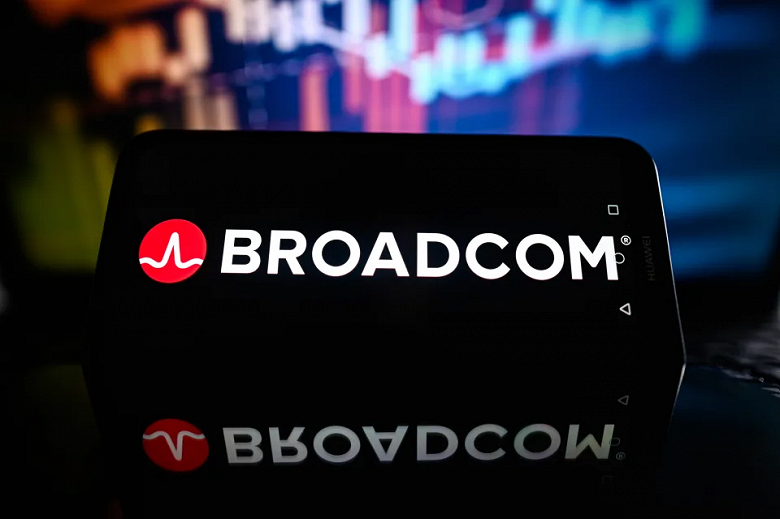It took a year and a half to collect all the necessary permits from various regulators
Broadcom has finally completed its $69 billion acquisition of VMware. This was reported by the company's press service, which recently received the last necessary approval from the regulator in China.
The deal was reviewed for many months by antitrust and other regulatory authorities in different countries. The company said:
Broadcom has received legal approval for the merger in Australia, Brazil, Canada, China, the European Union, Israel, Japan, South Africa, South Korea, Taiwan, the United Kingdom, as well as foreign investment control approval in all required jurisdictions.
The deal between Broadcom and VMware did not cause such a public outcry as the deal between Microsoft and Activision, but it surpassed it in value. After all, Activision-Blizzard cost Microsoft $68.7 billion.
Yet San Jose-based Broadcom's products form the fabric of much of the Internet, as they are widely used in data centers, hosting providers and network infrastructure. Meanwhile, VMware makes virtualization and cloud computing software that allows corporations to securely provide local networks with access to the public cloud.
That made VMware a logical target for Broadcom, but it also put the acquisition under regulatory scrutiny in many regions. The European Commission, for example, was concerned that Broadcom could harm competition by limiting the compatibility of VMware's server virtualization software with hardware from other manufacturers. Regulators were also concerned that the company could either ban or impair access to VMware software.
Broadcom received EU approval for the deal over the summer. There were also concerns that tensions between China and the US could derail the deal. However, China eventually issued approval, albeit with certain restrictions on the sale of Broadcom products in the local market, including the condition of ensuring compatibility of VMware server software with the equipment of Broadcom's competitors.

